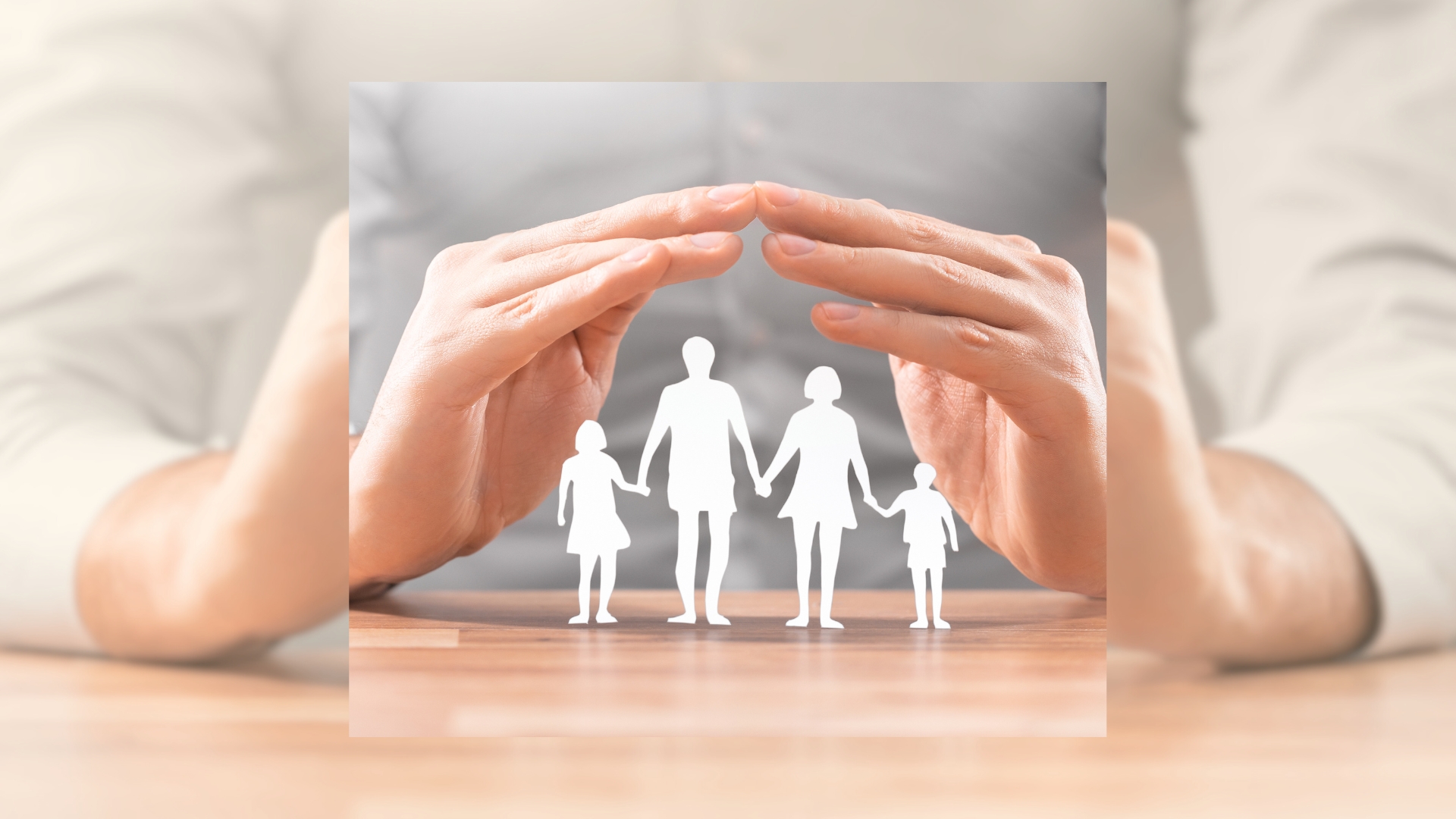Donating Eggs: Does It Affect Your Ability to Have Children Later?

Egg donation is a generous and impactful way to help individuals and couples achieve their dream of becoming parents. However, one common concern we see from many potential donors is: If I donate my eggs can I still have children? This is an important question, and understanding the process, risks, and long-term effects can help put your mind at ease. So read on to learn more about egg donation and your own fertility!
Understanding Egg Donation and Your Egg Supply
Women are born with a finite number of eggs—approximately one to two million at birth. By puberty, this number decreases to about 300,000 to 400,000. Each month during a typical menstrual cycle, a woman’s body recruits a group of eggs to mature, but usually, only one reaches full maturity and is released during ovulation. The rest are naturally reabsorbed by the body.
During an egg donation cycle, hormone medications stimulate the ovaries to mature more of these recruited eggs, allowing several to be retrieved at once. The process does *not* deplete your overall egg reserve; it only uses eggs that your body would have otherwise discarded.
Does Egg Donation Impact Fertility?
Scientific research and decades of clinical experience show that egg donation does not reduce your ability to have children later. The process carefully manages hormone levels and ovarian activity to ensure your safety and preserve future fertility. While some donors may experience mild side effects during the stimulation phase, these are temporary. Egg retrieval is minimally invasive, and serious complications, such as ovarian hyperstimulation syndrome (OHSS), are rare when monitored by a professional medical team.
Factors Influencing Long-Term Fertility
It’s important to recognize that fertility is influenced by many factors beyond egg donation:
- Age – Fertility naturally declines as you age, particularly after 35.
- Health Conditions – Conditions like polycystic ovary syndrome (PCOS) or endometriosis can affect fertility.
- Lifestyle Choices – Smoking, obesity, and certain environmental exposures may reduce fertility.
Participating in an egg donation program typically includes comprehensive health screenings. These can give you valuable insights into your reproductive health, potentially identifying any underlying issues that could affect your fertility.
Staying Informed and Safe
When considering egg donation, choosing a reputable and experienced organization like The World Egg and Sperm Bank is essential. Our team prioritizes donor health and well-being, using personalized care and evidence-based practices to minimize risks.
Apply Online with Us and See If You Qualify!
Now that we’ve answered the question, “”If I donate my eggs, can I still have children?” Yes, egg donation does not compromise your ability to conceive in the future. It is a safe and empowering way to help others while gaining insights into your reproductive health.
If your interested in learning more, we encourage you to take some time to fill out our prescreening application!
Follow us on our socials!
Check out our Instagram, Facebook, and LinkedIn pages to see our content and learn more!


